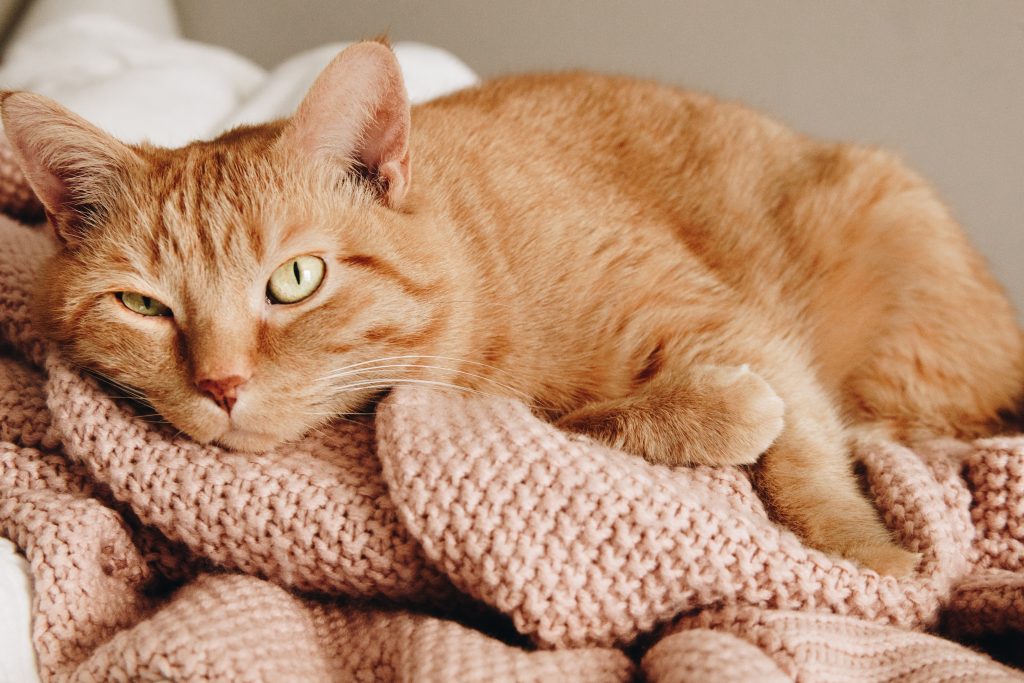How caregivers can deal with stress-related insomnia

Can’t sleep for worrying? Or get to sleep but wake up in the night and can’t get off again?
Caring for another person has its rewards but it also comes with stress. When stress starts to interfere with sleep, it can put you on a path to further sleep loss and a long list of potential health problems like diabetes, high blood pressure, and heart disease. You may not be able to eliminate all stress from your life, but you can incorporate daily relaxation and stress management methods to prevent it from disrupting your sleep.
Stress and insomnia: a continuing cycle
Stress puts the body in a heightened state of awareness that can leave your mind spinning long after you’ve laid down in bed. That stress increases the risk of getting far less than the recommended seven to nine hours of sleep.
Sleep deprivation – that’s anytime you get less than seven hours of sleep – causes the brain’s emotional processing centre to go into overdrive when it encounters negative thoughts, feelings, and situations. The increase in negative emotional responses is further magnified by a decrease in activity, due to sleep deprivation, that takes place in the brain’s logic centre. Together they create the perfect combination for rising stress, which, of course, compounds sleep problems and the cycle continues.
A common problem many people face is waking up in the middle of the night and not being able to get back to sleep properly. Anxiety is a huge contributor to this problem. Other factors such as the need to go to the bathroom or not being comfortable can compound the problem.
If you’re one of the many who wake and stay awake, you’re probably not getting the recommended seven hours of sleep a night. There are some things you can try to avoid waking up, such as not eating or drinking before you go to bed – especially anything alcoholic or with caffeine – and making sure that you sleep in a cool, dark place.
There are some other things you won’t be able to manage on your own, like sleep apnoea, restless leg syndrome or even hyperthyroidism.
If you’ve attempted to solve your sleep problems on your own without success, you should speak to your GP. With guidance from your GP, you could find refuge in managing your sleep with a CPAP machine or medication. They might even help you address sleeplessness caused by anxiety.
How to incorporate daily stress management techniques
For caregivers, the road to better sleep often starts with daily stress management. Start small and work your way towards a daily routine that includes stress relief targeted at your specific needs and circumstances.
Meditation
Meditation has been used for centuries to focus the mind and create better control over the body. Mindfulness meditation can be particularly helpful for stress management and insomnia relief. This form of meditation uses deep breathing and guided exercises to keep the mind focused on the present and away from stressful thoughts of the past and/or future.
With practice, this method has been shown to reduce both the heart rate and blood pressure by triggering the body’s relaxation response. Masters of meditation have even been able to strengthen the connection between the brain’s emotion and logic centres, giving logic and reason more control over emotions. This type of meditation can be effective in as little as 10 to 15 minutes a day, and you’ll find plenty of apps and instructional videos available to help you get started.
Yoga at night (regular exercise any time)
Exercise of any kind can be a stress reliever as exercise causes mood-boosting endorphins to flood the body. However, at bedtime, we suggest a very mild form of exercise like gentle yoga to stretch areas of tension while incorporating deep meditative breathing. A regular yoga routine has been shown to relieve stress-related inflammation and improve mood both of which contribute to better sleep.
Increase outdoors time (but not at bedtime)
Taking a walk outside isn’t something we recommend at bedtime but its important enough to your physical and mental health that we didn’t want to leave it out. Natural light plays a pivotal role in the release of sleep hormones. Special photoreceptors in the eyes absorb the sun’s blue spectrum light and directly send messages to the circadian region of the brain. This area of the brain controls, amongst other things, the timing of your sleep cycle. Therefore, an increase in natural light exposure helps regulate the release of sleep hormones.
Increasing your time outside also serves as a stress reliever. A walk in nature has been shown to reduce activity in the area of the brain that’s active during episodes of depression and anxiety. Time spent in nature has also been shown to decrease rumination, the process of thinking about oneself in a negative way.
Even if it’s dark outside, you could try sound therapy to reduce anxiety. Research suggests listening to birdsong can be a welcome, pleasant and positive distraction from the worries of everyday life.
Conclusion
Daily stress management can help you get the rest you need. With effort and consistency, you’ll be performing the self-care that will allow you to better care for your loved one.
If you found this article useful, you may like to read:
- How to help the older people you’re supporting overcome their sleep problems
- Tackling all those to-dos
- The benefits of safe exercise in later life
Photo by Amber Renae on Unsplash

